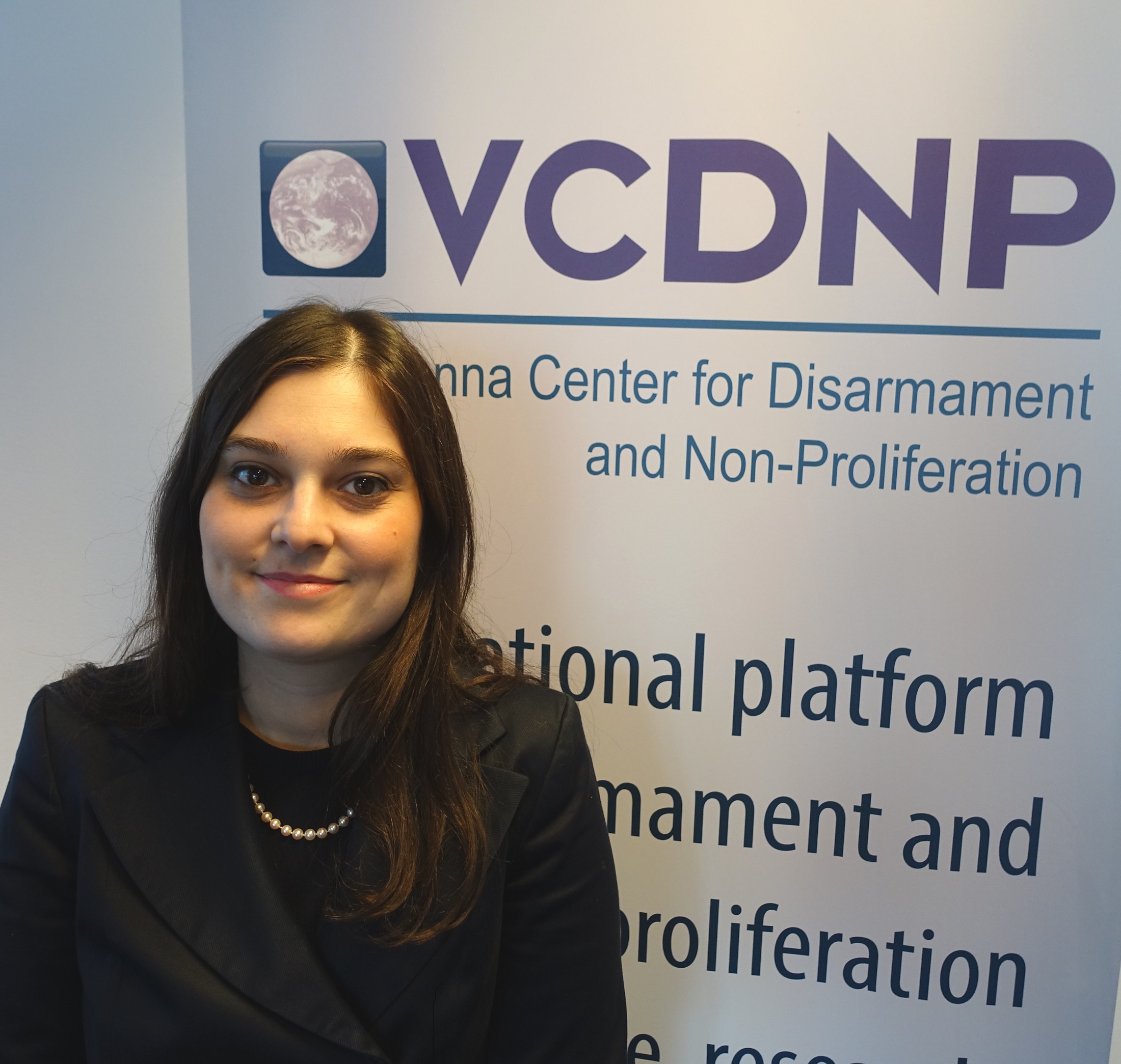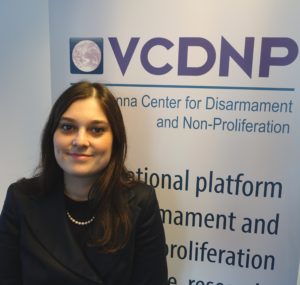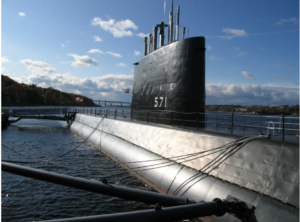

Advanced nuclear reactor designs, including those being developed through the Generation IV International Forum, have the potential to more effectively power economies while reducing greenhouse gas emissions that contribute to climate change. In this respect, the development of small modular reactors (SMRs) is attracting attention worldwide. However, what affects might new reactor designs, including SMRs that are envisioned for deployment all over the globe, have on traditional conceptions of non-proliferation and safeguards?
Nicole Virgili, formerly an Intern at the VCDNP and now a Research Fellow with the Italian National Agency for New Technologies, Energy and Sustainable Economic Development (ENEA), examines these questions in a new paper published through the European Union Non-Proliferation and Disarmament Consortium (EUNPDC).
In her paper, Ms. Virgili takes a comprehensive look at SMR developments, including designs based on light water reactors, integral pressurized water reactors, molten salt reactors, very high temperature reactors and fast neutron spectrum reactors. She also examines the inherent challenges and opportunities posed by these SMR designs.
Ms. Virgili concludes that, although SMRs do not easily fit into current conceptions of non-proliferation and safeguards, these challenges can be overcome, especially through the work of the International Atomic Energy Agency.

